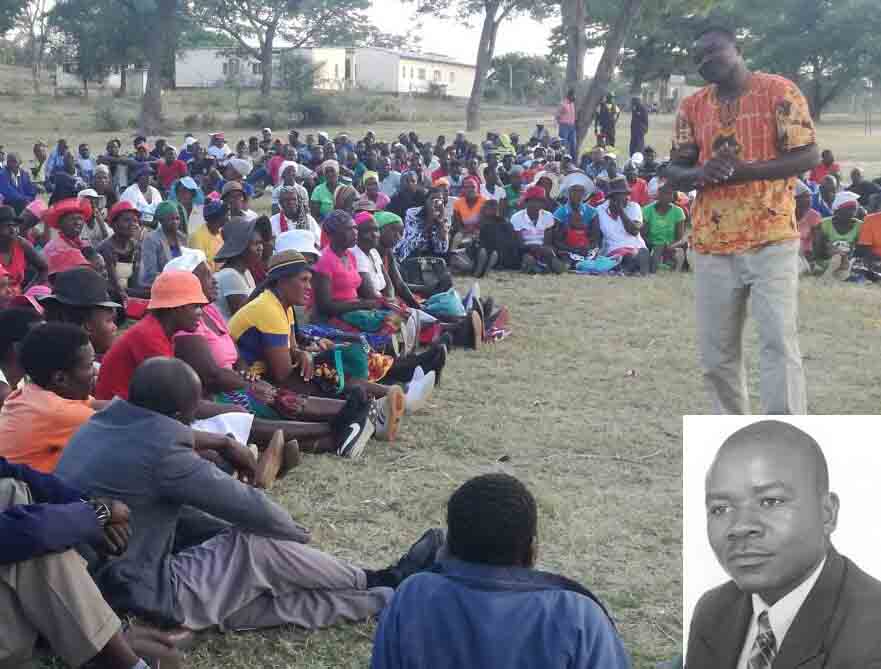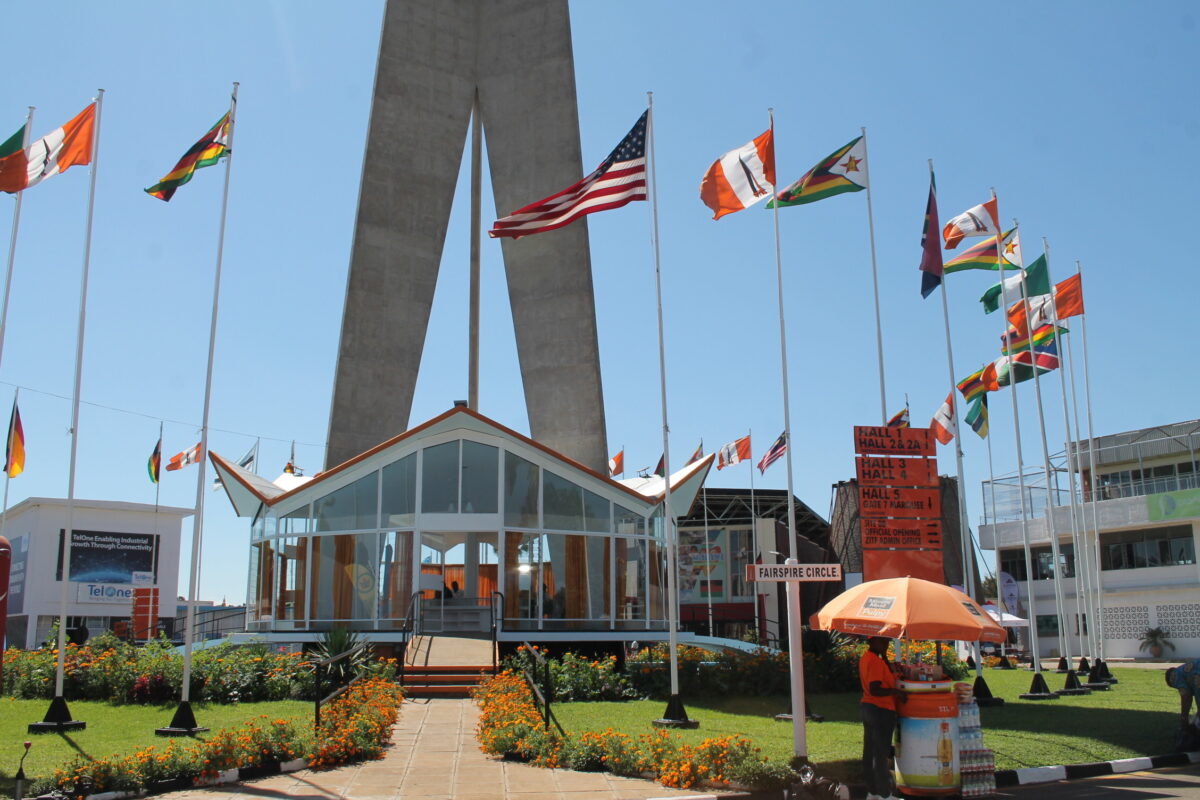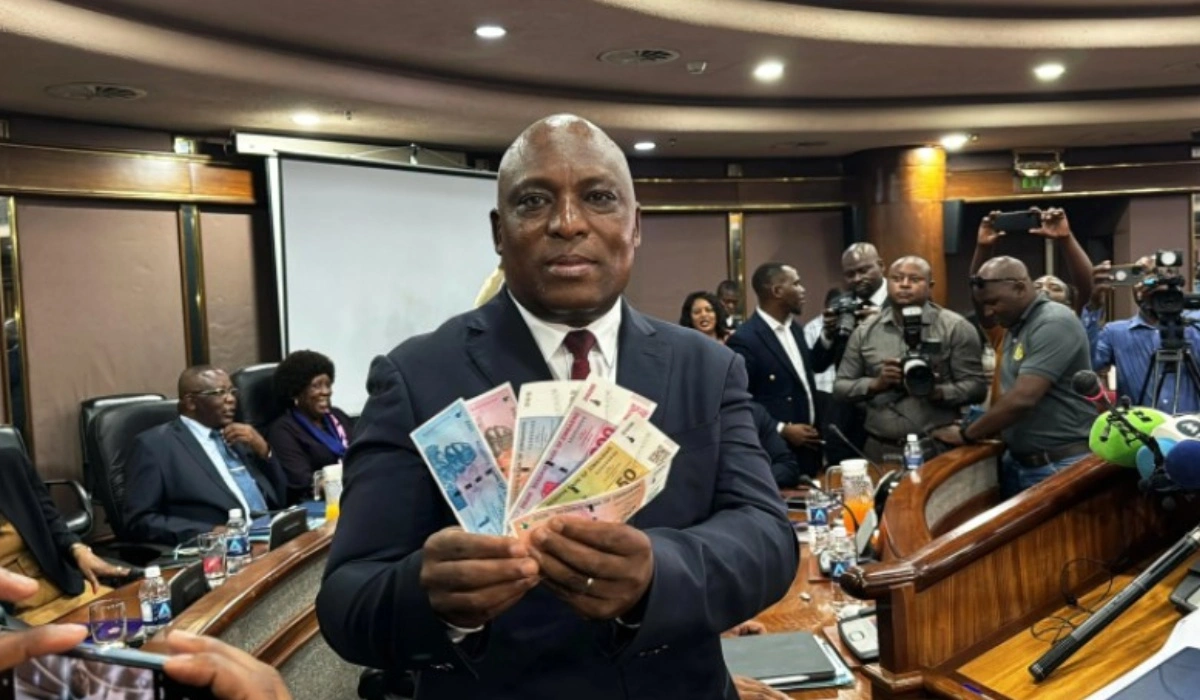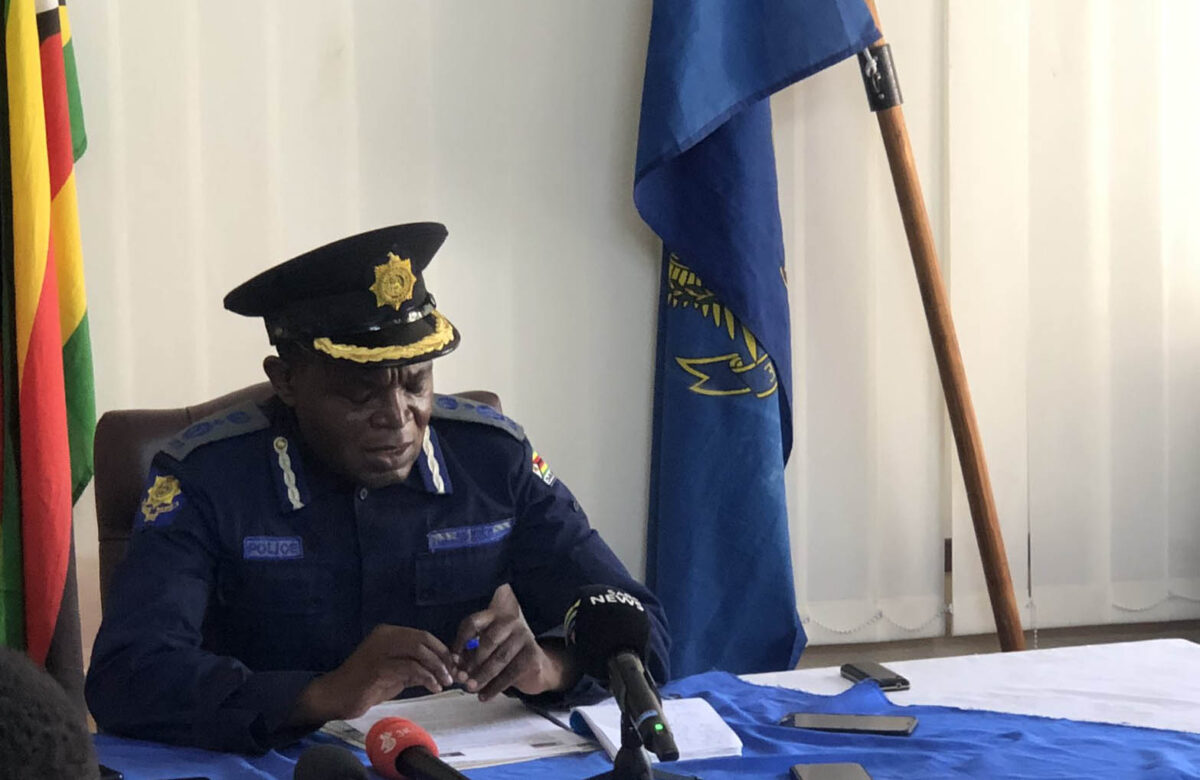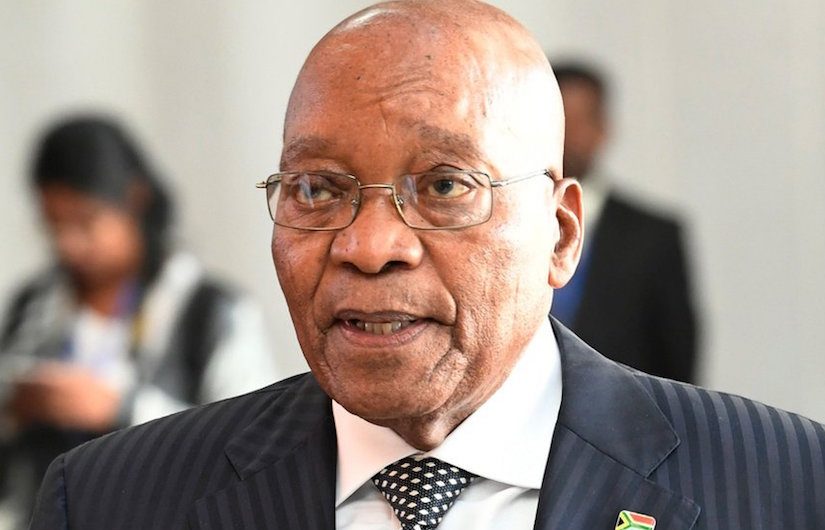HARARE – Binga South MP Joel Gabbuza has been charged under harsh laws that criminalise criticism of the President.
Gabbuza is accused of referring to President Emmerson Mnangagwa as a “dog” with no capacity to solve the country’s economic problems.
He appeared before Hwange magistrate Livard Philimon on Monday to answer to a charge of undermining the authority of or insulting the President.
Gabbuza, also the MDC chairman for Matabeleland North, was released on $200 bail as he was remanded to December 13.
Prosecutor Jamesina Makanza said an elderly villager, Tholani Driver Ndlovu, walked for 100km from his village in Manzyasya in Chief Pashu area to go and report the case at Binga Police Station on October 29.
“On October 23, at 11AM, the informant and other members of the community in Manzyasya village including the accused person were gathered for burial of John Bwansula Mumpande when the accused was invited to speak as a local leader,” said the prosecutor.
Gabbuza allegedly used the opportunity to “insult and undermine” Mnangagwa.
He is alleged to have said in Tonga language: “Inywe nubantu mulimalema mwakasala mubwa utakonzyi kutonga nyika takuchikwe mafuta mapilisi, ime ndakaya kuZambia kuyowula mafuta akuti tuzoligwasye mabambe ano adilye. Ndambula utanyeme anyeme biyo.”
Translated to English, it means: “You people are disabled, you have chosen a dog who cannot manage to rule the country, there is no fuel, medication and I had to go to Zambia to buy fuel which we have used at this funeral. I have said so and if there is anyone who is angered I don’t have any problem.”
Apparently incensed by the utterances, the elderly Ndlovu went to his home and six days later he set off on foot to Binga centre where he filed a report to become the state’s informant. Gabhuza was then arrested.
In court, the MP was represented by Thulani Nkala of the Zimbabwe Lawyers for Human Rights.
Gabbuza is the latest in a string of people who have been arrested under the controversial law since Mnangagwa came into power through a military coup last November.
Dozens of opposition activists were arrested during the 37-year presidency of former leader Robert Mugabe and charged with “undermining the authority of the President” for allegedly making disparaging remarks about the nonagenarian.
A majority of the cases were dismissed for lack of evidence.
In November 2013, Mnangagwa vainly tried to challenge a Constitutional Court finding that a section of the Criminal Law Codification and Reform Act that criminalises “undermining of the authority of the President” and communicating falsehoods were in violation of the Constitution.
The Constitutional Court had observed that Section 31(a)(iii) which criminalises publishing or communicating false statements prejudicial to the State and Section 33(a)(ii) which criminalises undermining the authority of the President had the effect of violating people’s rights and invited Mnangagwa – then the Justice Minister – to justify their existence.
Mnangagwa argued that the laws must stay in the statute books as they were necessary to protect the reputation of the President.
“Is the goal of the protection of reputation of the President and his office a pressing and substantial objective in our society? We submit it is,” he said in an affidavit submitted with the court.
The law is one of many draconian provisions set to fall away when laws are aligned with a new constitution adopted in 2013. The government has been criticised for the slow pace of reforming the legislation.
